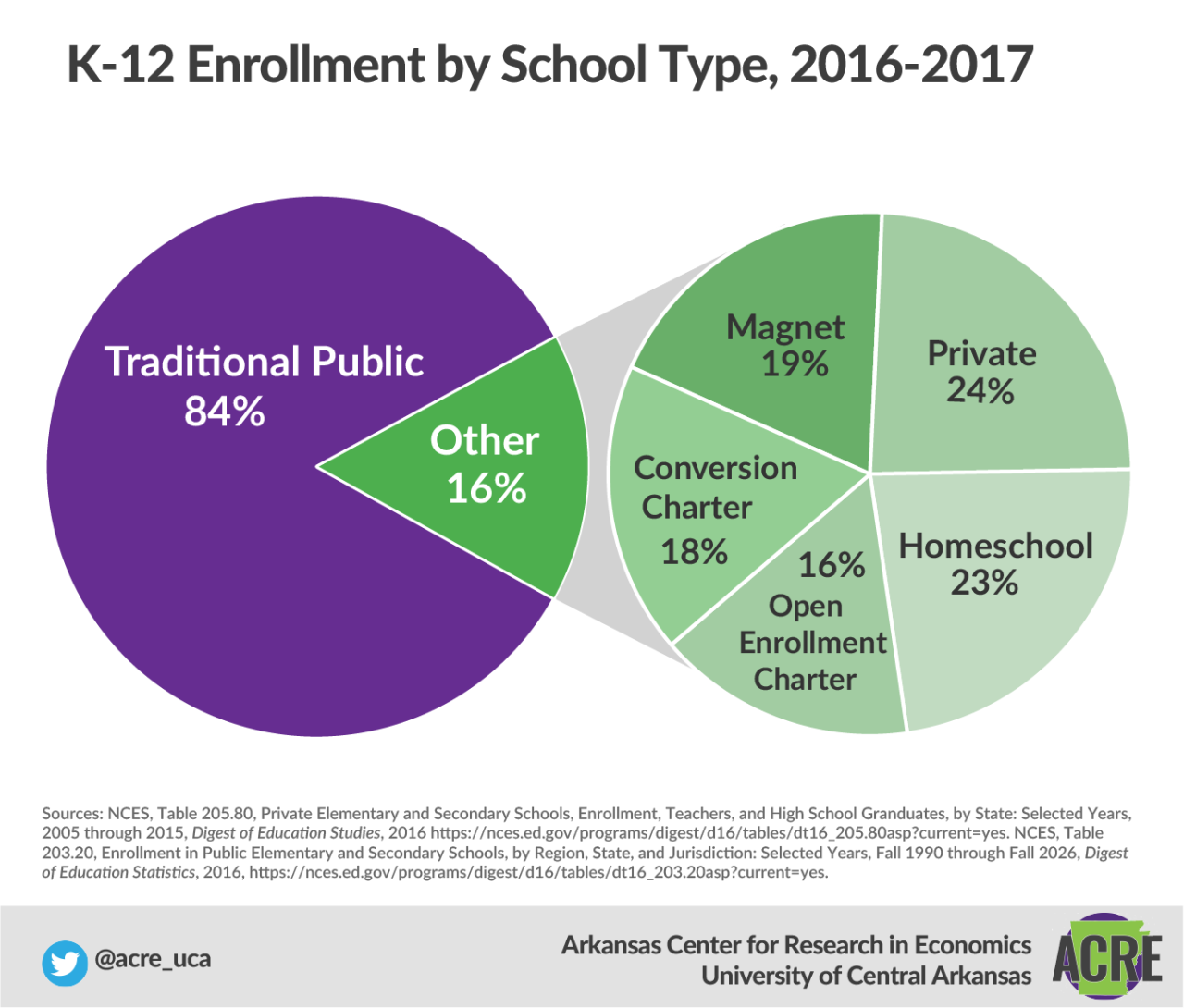What education is required to be a veterinarian? It’s a journey that begins with a passion for animals and culminates in years of rigorous study and hands-on experience. Becoming a veterinarian requires a deep understanding of animal anatomy, physiology, and disease, as well as the ability to diagnose and treat a wide range of conditions.
This path is demanding but ultimately rewarding, offering the chance to make a real difference in the lives of animals and their owners.
Aspiring veterinarians must first complete a bachelor’s degree, typically in a science-related field like biology, chemistry, or zoology. This provides a strong foundation in the scientific principles essential for veterinary medicine. Following this, they must then navigate the highly competitive admissions process for veterinary school, where they will spend another four years immersing themselves in a demanding curriculum.
Veterinary school covers a vast array of subjects, from animal anatomy and physiology to surgery and pharmacology. The program culminates in clinical rotations, offering valuable hands-on experience under the guidance of experienced veterinarians.
Educational Requirements for Becoming a Veterinarian
Becoming a veterinarian is a challenging but rewarding career path that requires a significant investment in education and training. To become a licensed veterinarian, aspiring professionals must complete a rigorous academic journey, including a bachelor’s degree, veterinary school, and a licensing exam.
This article will provide a comprehensive overview of the educational requirements and steps involved in pursuing a career as a veterinarian.
Minimum Educational Requirements
The minimum educational requirement to become a veterinarian is a Doctor of Veterinary Medicine (DVM) degree. This is a professional degree awarded after completing a four-year veterinary school program. To be eligible for veterinary school, you must first obtain a bachelor’s degree from an accredited university.
Undergraduate Degree Requirements
While there is no specific major required for veterinary school, a strong foundation in the sciences is essential. Most successful applicants have a bachelor’s degree in biology, zoology, animal science, or a related field. These programs provide the necessary coursework in biology, chemistry, physics, and mathematics, which are crucial for understanding the complex concepts taught in veterinary school.
- Biology:General biology, cell biology, genetics, microbiology, and animal physiology are essential courses. These subjects provide a foundation for understanding animal anatomy, physiology, and disease processes.
- Chemistry:General chemistry, organic chemistry, biochemistry, and analytical chemistry are crucial for understanding the chemical processes that occur within the body and the interactions of drugs and other substances with living organisms.
- Physics:Basic physics principles are helpful for understanding mechanics, fluid dynamics, and other physical concepts related to animal health and disease.
- Mathematics:Statistics, calculus, and algebra are essential for analyzing data, interpreting research findings, and solving problems in veterinary medicine.
Veterinary Medicine Program Duration
Veterinary school is a demanding four-year program that covers a wide range of subjects related to animal health and disease. The curriculum is designed to provide students with the knowledge and skills necessary to diagnose, treat, and prevent animal diseases.
The program typically includes a combination of classroom lectures, laboratory exercises, and clinical rotations.
Importance of Strong Science Foundation
A strong foundation in biology, chemistry, and other relevant sciences is essential for success in veterinary school. These subjects provide the fundamental knowledge base needed to understand the complex concepts taught in the program. A strong understanding of these sciences will enable you to:
- Understand animal anatomy and physiology:A thorough understanding of animal anatomy and physiology is essential for diagnosing and treating diseases. You need to know how the different systems of the body work together and how they can be affected by disease.
- Comprehend disease processes:Veterinary school covers a wide range of diseases that affect animals. A strong foundation in biology and chemistry will help you understand the underlying causes of these diseases and how they can be treated.
- Interpret laboratory results:Veterinarians rely heavily on laboratory tests to diagnose diseases and monitor treatment progress. A strong science background will help you interpret these results accurately and make informed decisions about patient care.
Veterinary School Admissions
Gaining admission to veterinary school is highly competitive. Applicants must have a strong academic record, excellent standardized test scores, and impressive extracurricular activities demonstrating their commitment to animal health and welfare. Here’s a detailed look at the factors considered during the admissions process:
Key Factors in Admissions
- GPA:A high GPA is essential for admission to veterinary school. Schools typically have a minimum GPA requirement, and most successful applicants have GPAs in the 3.5 to 4.0 range.
- Standardized Test Scores:Applicants must take the Graduate Record Examination (GRE) or the Medical College Admission Test (MCAT). A strong score on these exams demonstrates your ability to handle the academic rigor of veterinary school.
- Extracurricular Activities:Veterinary schools are looking for applicants who have a genuine passion for animal health and welfare. This passion should be reflected in your extracurricular activities. Volunteer work at animal shelters, veterinary clinics, or research labs can demonstrate your commitment to the field.
Importance of Letters of Recommendation and Personal Statements
Letters of recommendation from professors, veterinarians, and other professionals who can attest to your academic abilities, work ethic, and character are crucial. These letters provide insights into your potential for success in veterinary school. A well-written personal statement is your opportunity to showcase your passion for veterinary medicine, your career goals, and your experiences that have shaped your interest in the field.
This statement should be unique, authentic, and compelling, demonstrating your understanding of the profession and your commitment to animal welfare.
Application Process Steps and Deadlines
The application process for veterinary school typically involves the following steps:
- Take the GRE or MCAT:These exams are usually taken in the spring or summer before applying to veterinary school. Check the specific deadlines for each exam.
- Submit applications to veterinary schools:Most veterinary schools use the Veterinary Medical College Application Service (VMCAS) to manage applications. The application process typically involves submitting your transcripts, test scores, letters of recommendation, and personal statement.
- Complete interviews:If you are selected for an interview, prepare to discuss your academic record, career goals, and experiences related to animal health and welfare. The interview is a chance to demonstrate your passion for the profession and your suitability for veterinary school.
- Receive admissions decisions:Veterinary schools typically notify applicants of their admissions decisions in the spring or early summer.
Veterinary School Curriculum
Veterinary school is a rigorous and demanding program that covers a wide range of subjects related to animal health and disease. The curriculum is designed to prepare students for a successful career as a veterinarian, equipping them with the knowledge and skills necessary to diagnose, treat, and prevent animal diseases.
Here’s a detailed overview of the core subjects covered in veterinary school:
Core Subjects
- Anatomy:This course covers the structure of animal bodies, including the skeletal, muscular, nervous, circulatory, respiratory, digestive, urinary, and reproductive systems. Students learn to identify different anatomical structures and their functions.
- Physiology:This course focuses on the functions of the different body systems and how they work together. Students learn about the mechanisms that regulate bodily processes, such as respiration, circulation, digestion, and excretion.
- Pathology:This course examines the causes, mechanisms, and consequences of disease. Students learn to identify different types of diseases, understand their pathogenesis, and develop strategies for diagnosis and treatment.
- Pharmacology:This course covers the use of drugs in veterinary medicine, including their mechanisms of action, pharmacokinetics, and pharmacodynamics. Students learn to select and administer appropriate medications for different diseases and conditions.
- Surgery:This course provides hands-on training in surgical techniques for common veterinary procedures, including spaying, neutering, wound management, and orthopedic surgery. Students develop surgical skills and learn to perform procedures safely and effectively.
Typical Course Structure and Credit Hours
| Course | Credit Hours |
|---|---|
| Anatomy | 4 |
| Physiology | 4 |
| Pathology | 4 |
| Pharmacology | 3 |
| Surgery | 4 |
| Clinical Pathology | 3 |
| Microbiology | 3 |
| Parasitology | 3 |
| Immunology | 3 |
| Animal Behavior | 3 |
| Public Health | 3 |
| Veterinary Ethics | 2 |
Clinical Rotations and Hands-on Experiences
In addition to classroom lectures and laboratory exercises, veterinary school includes clinical rotations in different specialties, such as medicine, surgery, radiology, and emergency medicine. These rotations provide students with hands-on experience in a clinical setting, allowing them to apply their knowledge and skills to real-world cases.
Students work under the supervision of experienced veterinarians, gaining valuable experience in diagnosing, treating, and managing animal patients. These clinical rotations are essential for developing the clinical skills and practical knowledge necessary to become a competent veterinarian.
Developing Clinical Skills and Practical Knowledge
Clinical rotations are crucial for developing the clinical skills and practical knowledge necessary to become a competent veterinarian. Students learn to:
- Perform physical examinations:Veterinarians use a variety of techniques to assess an animal’s health, including listening to the heart and lungs, feeling the abdomen, and examining the eyes and ears. Students learn to perform these examinations accurately and efficiently.
- Diagnose diseases:Veterinarians use a combination of clinical signs, laboratory tests, and diagnostic imaging to diagnose diseases. Students learn to gather information, interpret test results, and formulate accurate diagnoses.
- Develop treatment plans:Veterinarians develop treatment plans based on the diagnosis and the animal’s overall health status. Students learn to select appropriate medications, surgical procedures, and other treatments.
- Manage animal patients:Veterinarians are responsible for providing ongoing care for their patients, including monitoring their progress, adjusting treatment plans, and educating owners about their pet’s health. Students learn to manage animal patients effectively and provide compassionate care.
Licensure and Certification
After graduating from veterinary school, aspiring veterinarians must obtain a license to practice. This process typically involves passing the North American Veterinary Licensing Examination (NAVLE) and meeting other state-specific requirements.
Obtaining a Veterinary License
To become a licensed veterinarian, graduates must pass the NAVLE, a standardized exam that tests their knowledge and skills in all areas of veterinary medicine. The exam is administered by the National Board of Veterinary Medical Examiners (NBVME). In addition to passing the NAVLE, most states require veterinarians to complete a certain number of hours of continuing education each year to maintain their license.
This ensures that veterinarians stay up-to-date on the latest advancements in veterinary medicine.
North American Veterinary Licensing Examination (NAVLE)
The NAVLE is a comprehensive exam that assesses a veterinarian’s knowledge and skills in all areas of veterinary medicine. The exam covers topics such as anatomy, physiology, pathology, pharmacology, surgery, and internal medicine. It is a challenging exam that requires a thorough understanding of veterinary science.
Passing the NAVLE is a critical step in becoming a licensed veterinarian.
Continuing Education and Professional Development
Veterinary medicine is a rapidly evolving field. To stay current with the latest advancements and maintain their licenses, veterinarians must participate in continuing education. This can include attending conferences, taking online courses, or reading professional journals. Continuing education helps veterinarians stay informed about new diagnostic techniques, treatments, and technologies.
It also allows them to network with other professionals and expand their knowledge base.
Additional Certifications and Specializations

Veterinarians can choose to specialize in a particular area of veterinary medicine, such as surgery, internal medicine, or emergency medicine. Specialization requires additional training and certification. Veterinarians who specialize in a particular area often have a deeper understanding of the diseases and conditions that affect their chosen specialty.
They may also be able to provide more specialized care to their patients.
Alternative Career Paths, What education is required to be a veterinarian
For individuals passionate about animal health and welfare but not interested in pursuing a DVM degree, there are several alternative career paths available. These fields offer opportunities to work with animals and contribute to their well-being, often with less demanding educational requirements than veterinary medicine.
Related Fields
- Animal Science:This field focuses on the scientific study of animals, including their biology, genetics, nutrition, and management. Animal scientists work in research, education, and industry, developing new technologies and practices to improve animal health and productivity.
- Zoology:Zoologists study the diversity, behavior, and ecology of animals. They work in research, conservation, and education, contributing to our understanding of the animal kingdom and its role in the ecosystem.
- Wildlife Biology:Wildlife biologists study wild animals in their natural habitats. They work in conservation, management, and research, developing strategies to protect endangered species and manage wildlife populations.
Educational Requirements and Job Prospects
The educational requirements for these alternative career paths vary. Most require a bachelor’s degree in a related field, such as animal science, biology, or zoology. Some positions may require a master’s degree or a doctorate. Job prospects in these fields can be competitive, but there are opportunities for individuals with strong academic credentials and a genuine passion for animal health and welfare.
Organizations and Institutions
Professionals in these fields work in a variety of organizations and institutions, including:
- Government agencies:The U.S. Fish and Wildlife Service, the National Park Service, and state wildlife agencies employ animal scientists, zoologists, and wildlife biologists to manage wildlife populations and protect endangered species.
- Research institutions:Universities and research organizations employ scientists to conduct research on animal health, behavior, and ecology.
- Zoos and aquariums:These institutions employ animal care professionals, zoologists, and researchers to care for animals, educate the public, and contribute to conservation efforts.
- Animal welfare organizations:Organizations such as the Humane Society of the United States and the ASPCA employ professionals to advocate for animal welfare, provide animal care, and conduct research on animal issues.
Ending Remarks: What Education Is Required To Be A Veterinarian
The journey to becoming a veterinarian is long and challenging, but the rewards are immense. The opportunity to care for animals, improve their health, and contribute to the well-being of both animals and their human companions is a privilege few professions can offer.
By combining a strong foundation in science, a dedication to learning, and a genuine love for animals, aspiring veterinarians can embark on a fulfilling career path that makes a tangible difference in the world.














